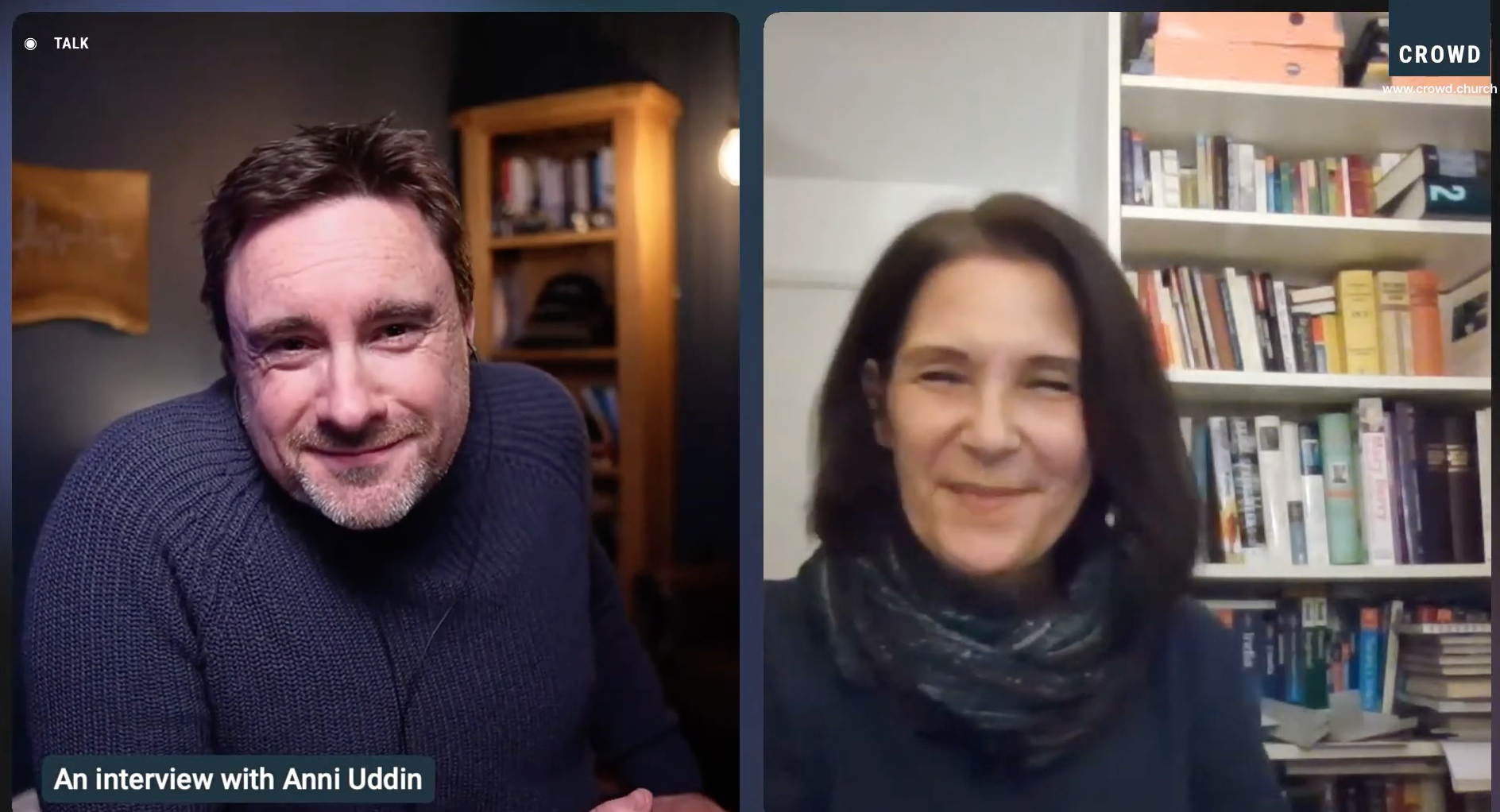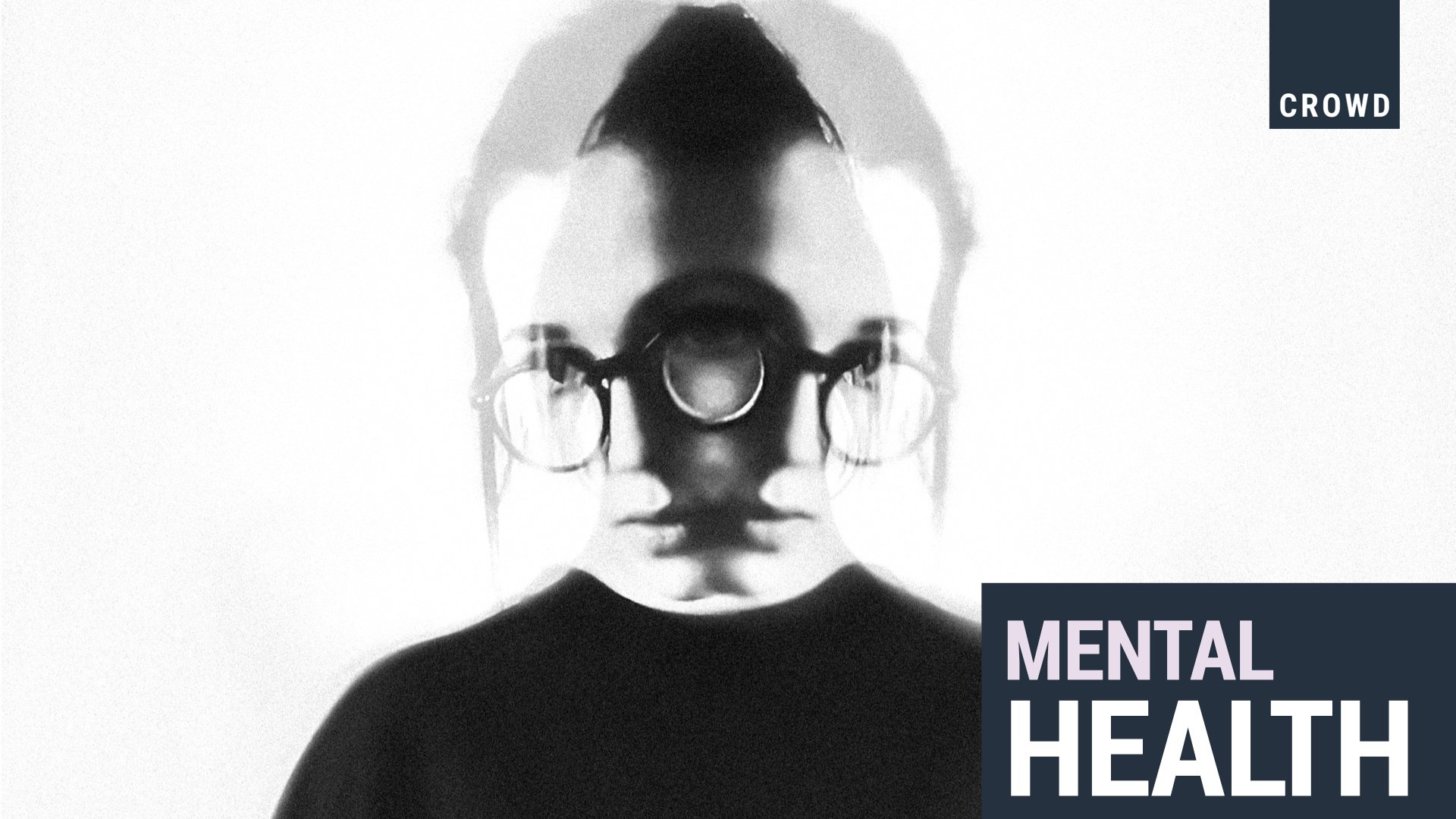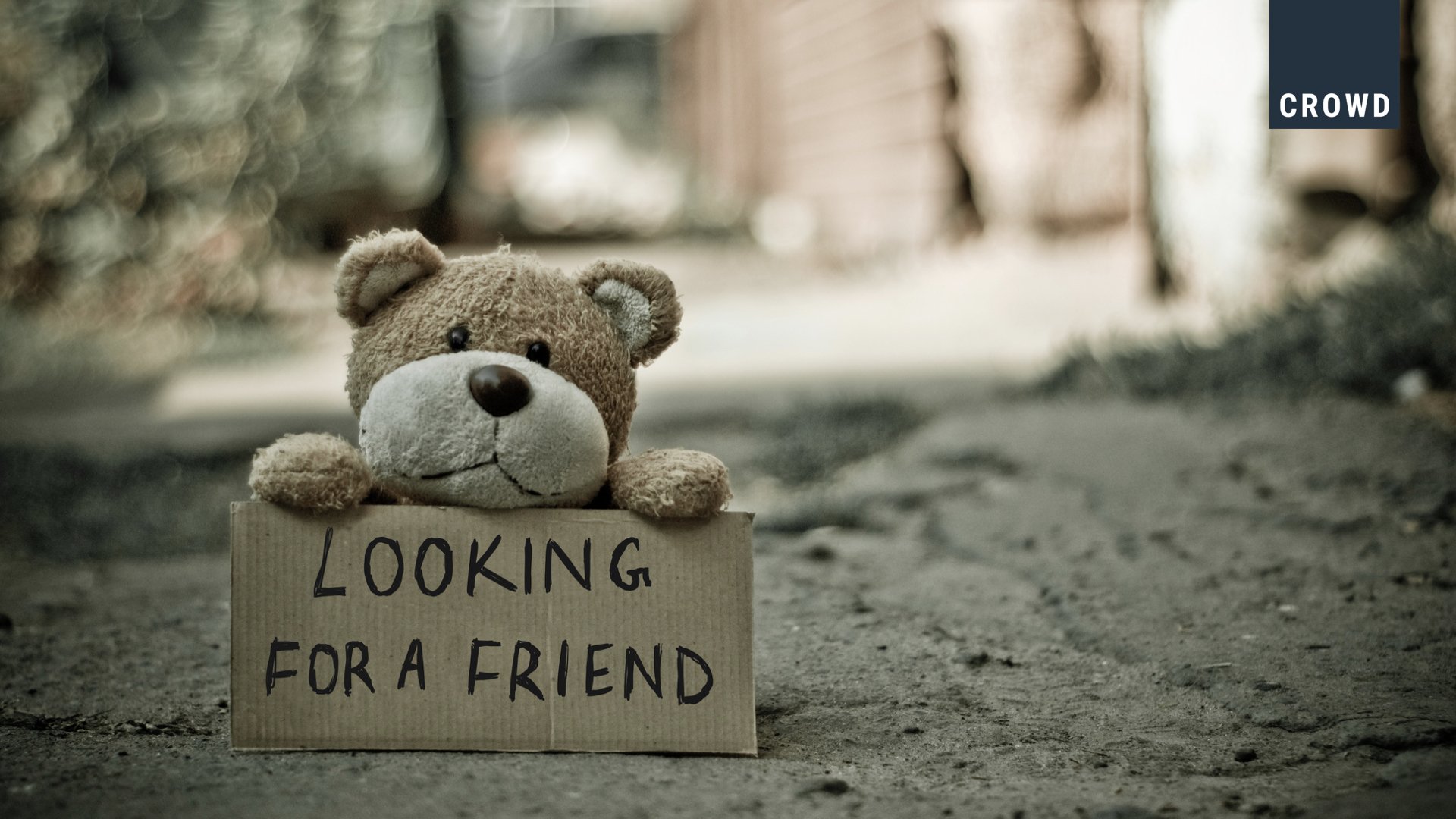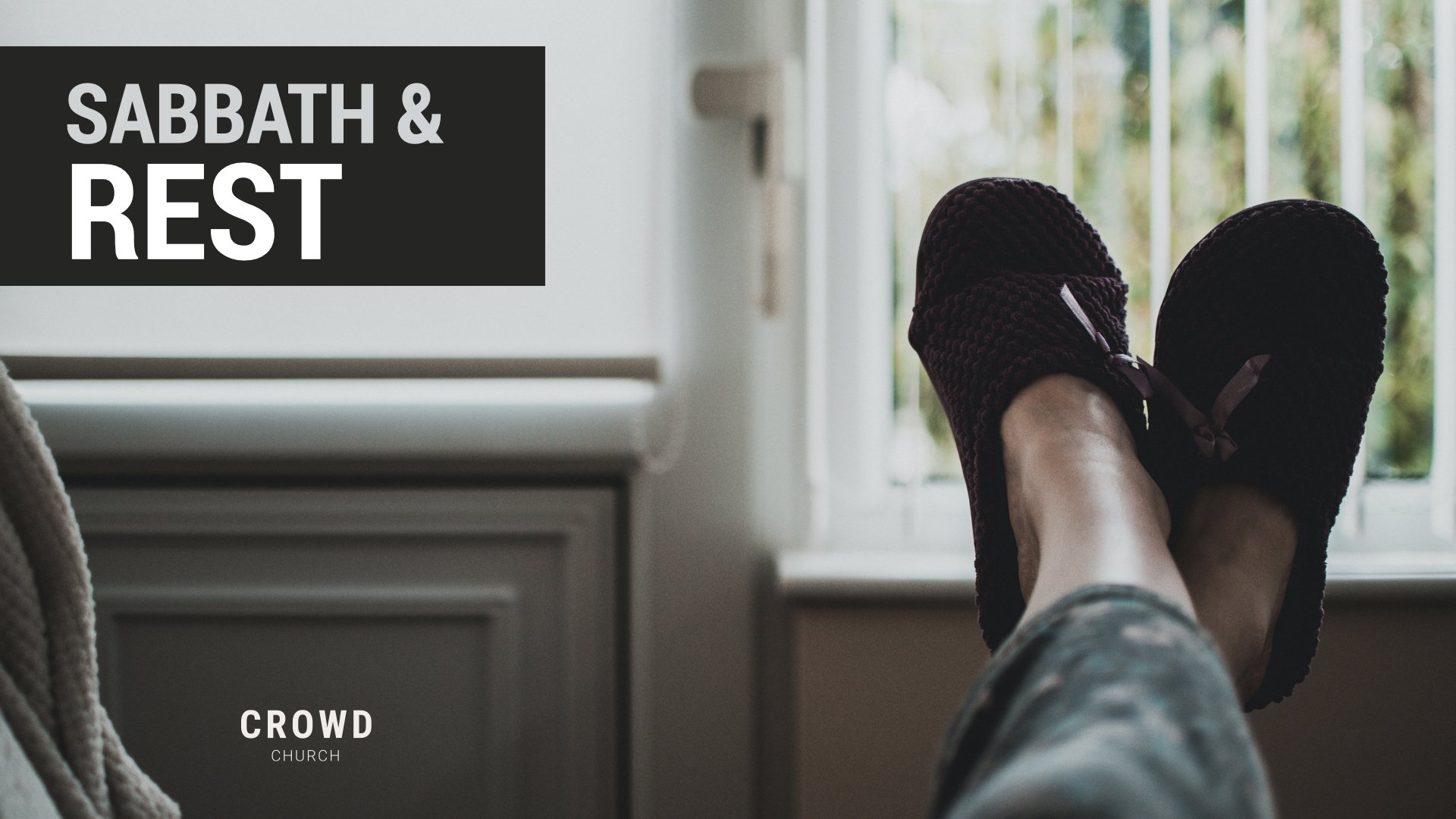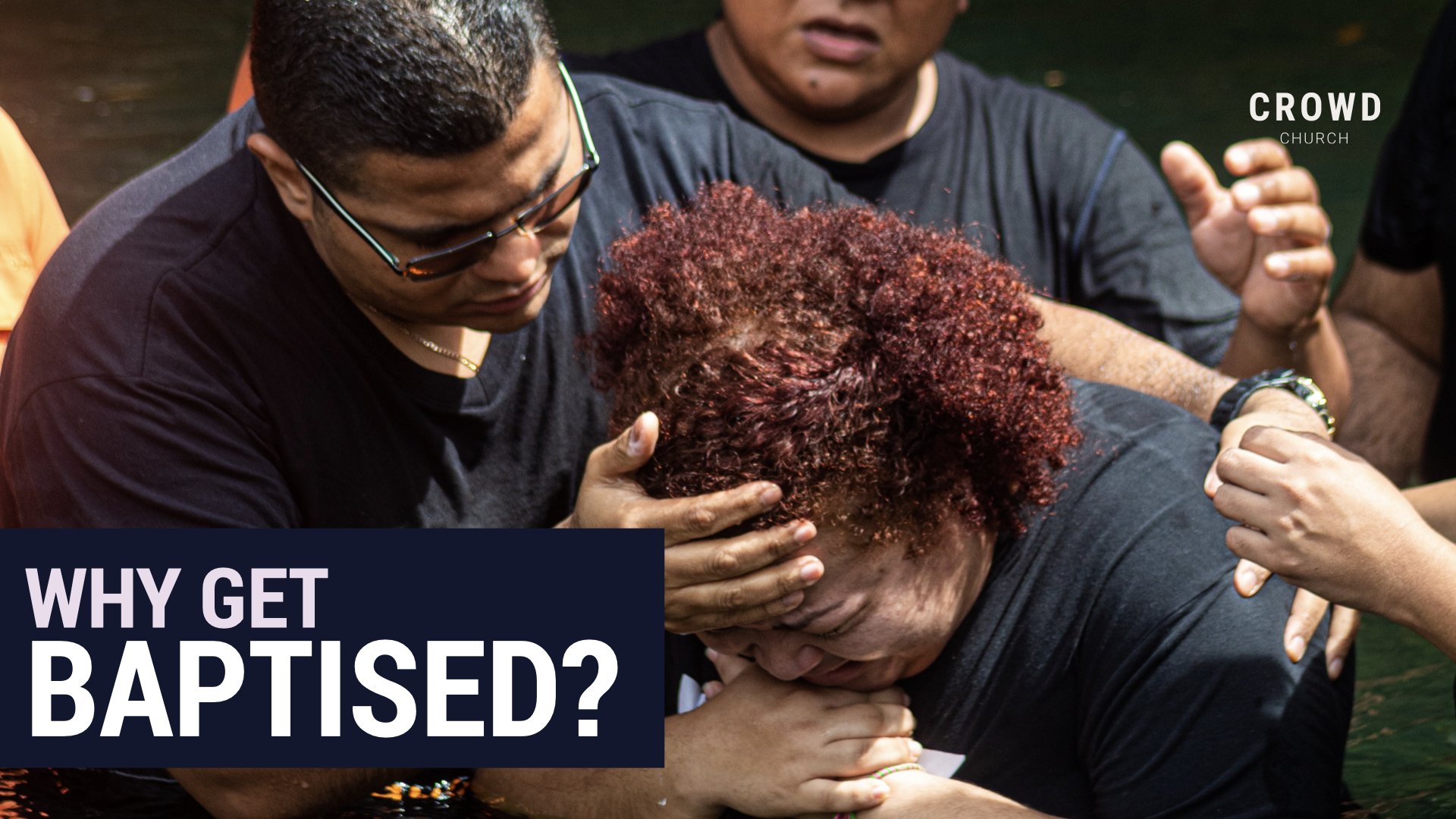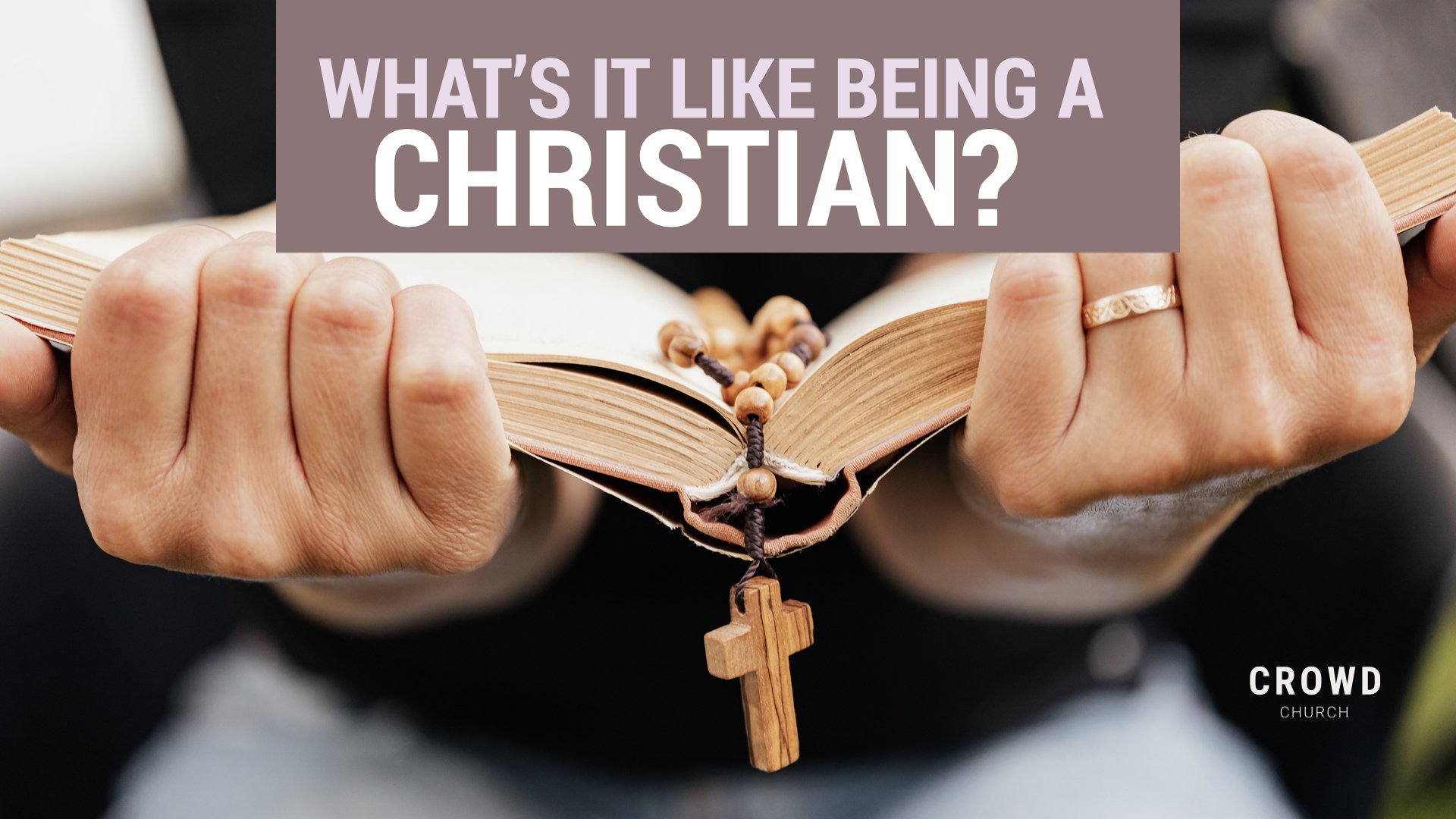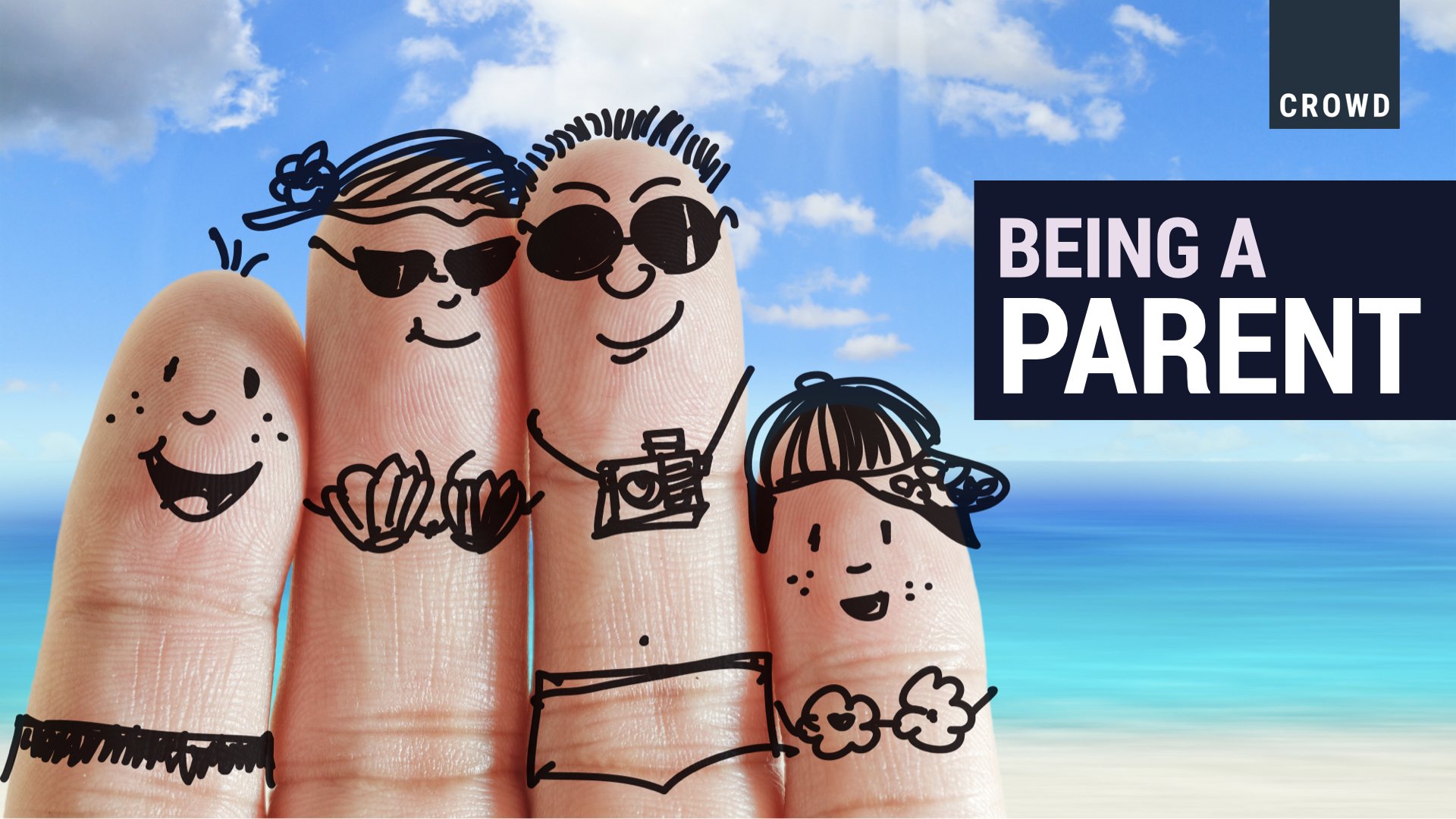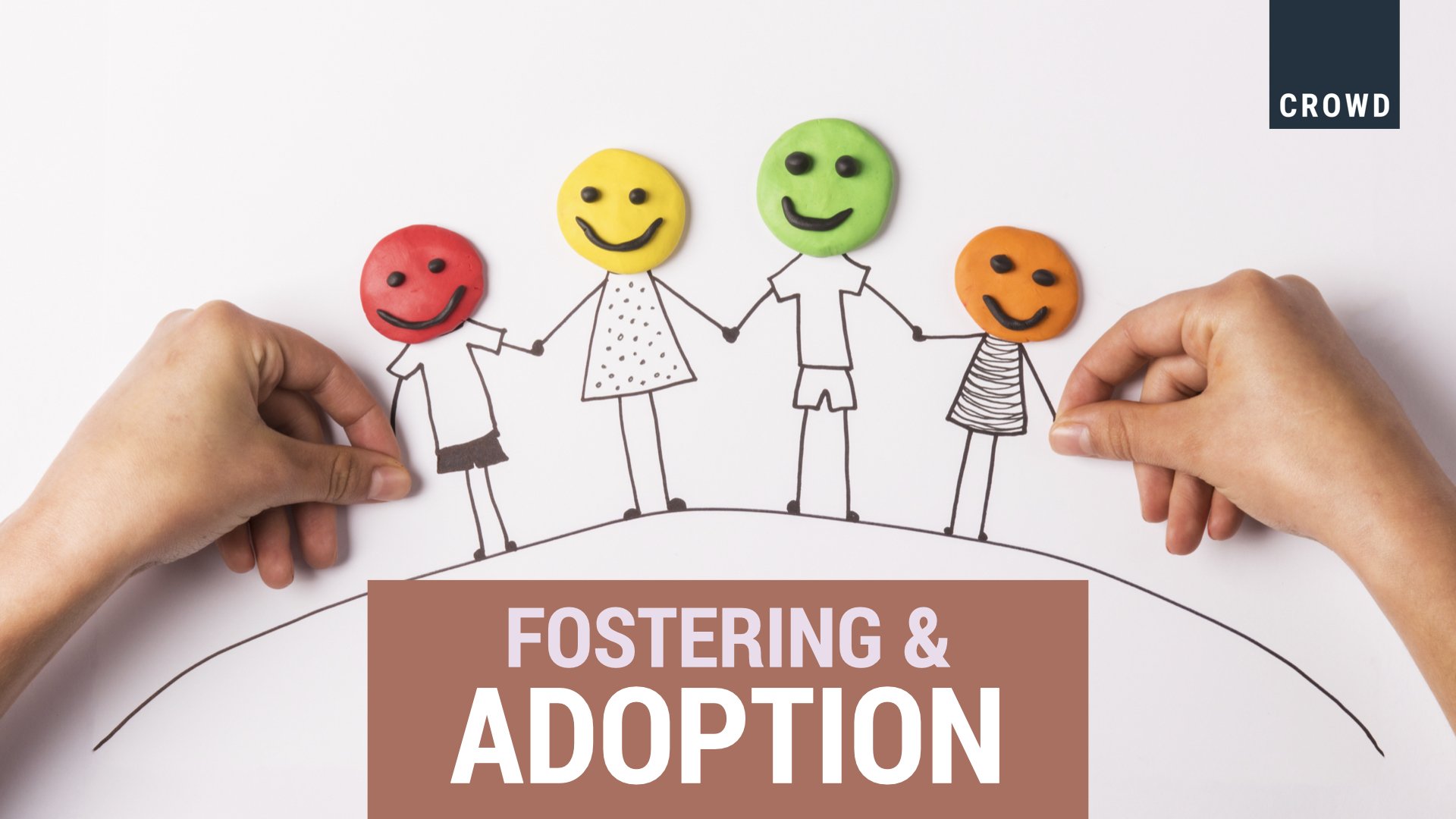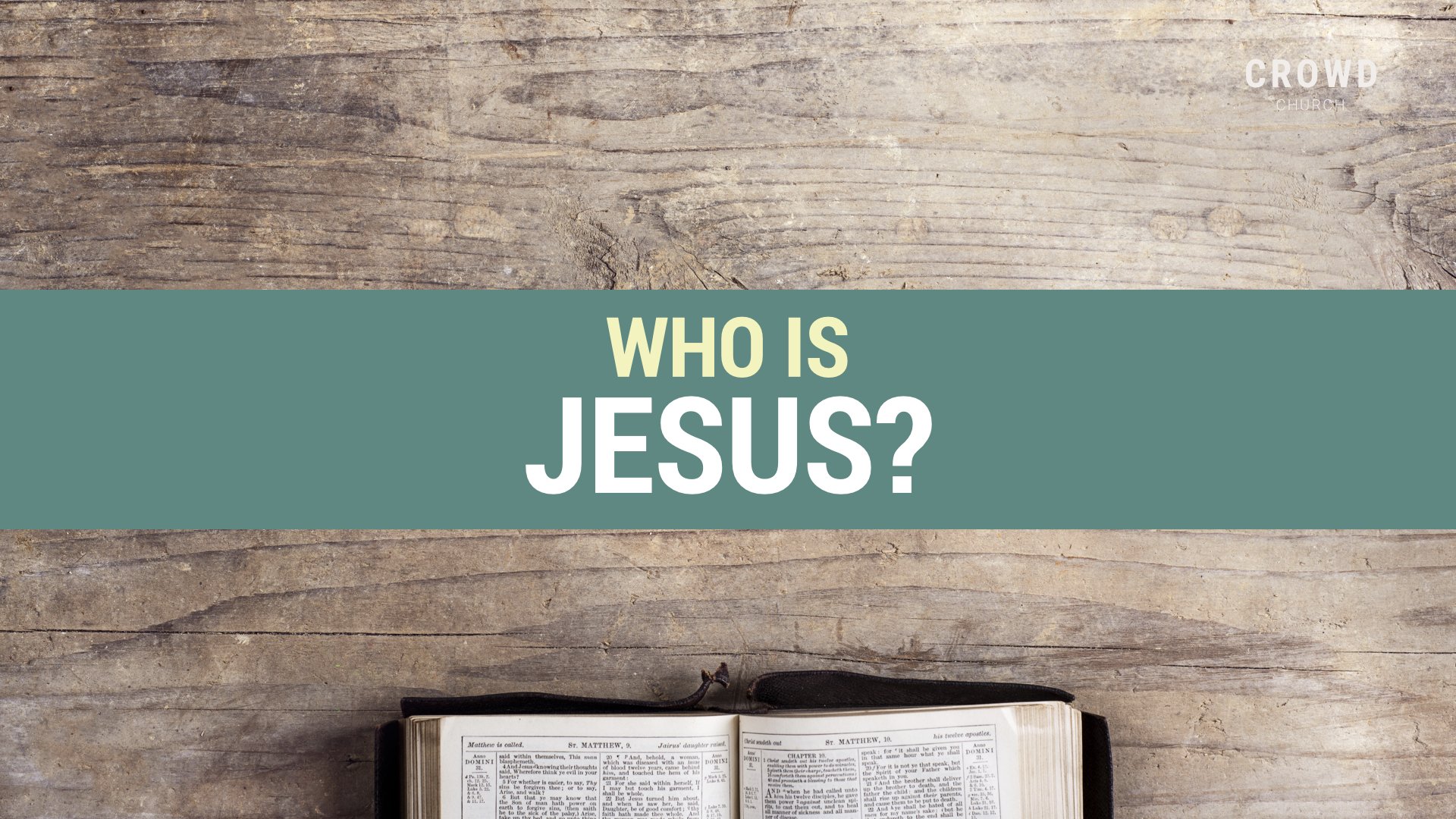What Does The Bible Say About Cancer?
Video Timeline
WELCOME
0:00 - Welcome with Matt, Chris & Sue
PRAYER
02:09 - Prayer For Ukraine
INTERVIEW with Anni Uddin
12:19 - What does the Bible say about Cancer?
WORSHIP
34:05 - How Deep The Father's Love with lyrics
CONVERSATION STREET with Matt, Chris & Sue
37:41 - Conversation Street
CLOSING WORSHIP
1:04:11 - What A Beautiful Name with lyrics
Podcast:
What does the Bible say about Cancer?
— An Interview with Anni Uddin
Matt Edmundson - When were you diagnosed with cancer?
Anni Uddin - It was in 2008, quite a number of years ago now. Thank God, I'm still here. And, I'm well now. But it was in 2008 and January.
Matt - And do you remember what happened?
Anni - Yeah, I do, of course. On a Monday morning, which is normally the day off with Tony, because Tony is a pastor. So Monday is our only day off. And I was working as a chaplain in HMP, Hollaway at the time, which was a female prison. And yeah, that Monday morning, I woke up, everything was fine. I was looking forward to my wonderful day off when I noticed a lump on my breast and I thought this wasn't there yesterday. It was just a total surprise. And then, I told Tony. Tony thought, yeah, we need to go to the GP. We went and he confirmed that there's definitely a lump and referred us to the Bart's Cancer Centre. And it was a few days later that I was able to be seen.
But on that very day, on that Monday evening, I was praying, and I was quite obviously shocked to have found a lump then. I didn't know, was it cancer? What was it? But I prayed. And I felt such a sense of God in that moment. And I felt that God was saying to me, not with an audible voice or anything like that, but just that inner sense of knowing what is to come. And what I felt God say was, that it is cancer, and that it had spread, and that I would have to go through treatments, that he wouldn't just miraculously heal me. So those were the things that I felt God speak to me.
Matt - I'm really fascinated to know what your mindset was like at the end of the day after you felt God say to you, "you have got cancer, it has spread, and you're going to need treatment". I mean, they're three radical things that God speaks.
Where are you at Monday night when you sense this?
Anni - Well, obviously, I was completely confused in some ways. And at the same time, I did feel that I wasn't out of control. So, I wasn't devastated. I was obviously in shock. But just that reassurance, that conversation, that prayer with God that I wasn't alone, that God knew exactly what was going on. And that reassured me intensely.
Matt - Did you tell Tony on Monday night what you felt God had said to you?
Anni - Yes, I did. And his response was, "Well, let's not jump ahead of ourselves. And let's just get the results first, not preempt things", which is good advice. But I wasn't panicking or anything like that. I was stunned, but I wasn't panicking. And then, on the first day, when we went to the hospital, they did all the tests. I had the mammogram, I had scans, I had a biopsy. And by the end of Thursday, I knew I had cancer. I knew it had spread.
Matt - So, within the space of four days, your life is turned upside down quite a bit. The thing that I liked about what you said there was that you were confused, but it wasn't out of control as in you are confused, you're in turmoil. This thing is heavy-duty, but your sense of God was with you and it wasn't out of control.
Was it something like "no, I've got to fight for this" way of thinking?
Anni - Definitely. It didn't come just at ease and I did pray a lot and I read the Bible that night and different passages. And yes, it was something to come to after really searching myself and also thinking I had so many different plans, and I thought God had these plans for my life. And suddenly, it was interrupted. The plans we had were completely interrupted.
Matt - How did you come to terms with the idea that actually life could be cut a lot shorter than you expected it to?
How did you come to terms with the whole idea of dying young?
Anni - I'm not sure if I ever came to terms with that, because, I was still waiting for news of what the results of the tests were. But at some point, I concluded that whether I die or live, I want to live for God. I want to follow Jesus to the best of my ability, whether that is living well for a short time or for a long time here on Earth. I think what really helped me was just to know that if I died, that's not the end. There is heaven to be gained. Jesus is alive and he has saved us from the second death. And that's a complicated, logical thing. But I just love the fact that Jesus is there. You know, on the other side of death. For me as a Christian, Jesus is going to be there waiting. And that's my comfort. And that was my comfort then.
Matt - When you found out that it was treatable. The stage three. Was there a sense of relief?
Anni - Yeah, definitely. It was amazing, because I just thought, Okay, it's going to be difficult. It's hard. But at least there was hope that I will have a few more years. It depends on how I would respond to the treatment, but it was definitely a great relief. Felt like a tonne of bricks falling off my shoulders.
Matt - I can imagine. And this all goes back to that first night, you were praying where you felt God say, it is cancer, it has spread, and you are going to need treatment to get out of this.
Anni - Yes, in some ways, you believe these things, and you may have a sense of God at one point, and then, life takes over and there's a lot of doubts and difficulties. And because you don't have results back, there's still that sense "Have I really understood this right? Have I really heard God? Am I making this up myself?" But I did have an inner sense that I had. But you just don't know, do you? I mean, we are human. And we have a lot of wishful thinking too.
Matt - True.
You mentioned, Anni, that when you found out you're going to have to do chemo that there were a whole lot of identity things tied up in that. What did you mean by that statement?
Anni - Well, I mean the side effects of chemotherapy were to lose all one's hair. And it's not just the hair on my head. It's the eyebrows, the eyelashes, or bodily hair. Which is just such a weird thing. Initial stages, you still have the eyebrows with this particular chemo. And that's okay. But then, when they go and the eyelashes, you just look so different. And makeup can't make up for it. It helps. But it's just very difficult. When you're sweating, the sweat runs right into the eyes. It's those kinds of things. It's just hard. It's difficult to explain if one hasn't experienced that. Having no hair obviously, is a huge thing for anyone, but I think for women particularly, extremely difficult to face. And having a husband who sees you when you've got the wig on or when you don't. I didn't know quite what to make of it. It was really difficult as the hair fell out. It's such a shocking thing. It actually happened much quicker than I thought it would happen.
Matt- And were there any other side effects of your treatment?
Anni - Yeah, with the chemo, I had a lot of pain. In the last stage of the chemotherapy, a lot of pain. Then during my surgery, I had a complication, which was very, very serious. It was a case study in the end. I was losing a lot of lymph fluid, far more than someone else, who after 10 days would not have lost as much fluids as I did in one day. And so that was a very serious complication where the lymph duct had been severed, and I needed to have surgery to have that repaired. And you actually came and visited me, Matt, in hospital after that surgery. And I didn't look my best, I believe.
Matt - Neither did I. I need to be fair.
Anni - Yeah, I was very unwell when you came in. And it was probably my lowest time because I'd already been in hospital for such a long time. And this complication just totally threw me and my body was so weak. And I was in absolute agony for a long time.
Matt - So, this whole process Anni, we were friends before the cancer, we've been friends since the cancer. It's one of those things, isn't it? When you're going through life, you have an experience or an expectation of God, you have an understanding of God and a theory as to how your life's going to progress in some way. And then you're hit smack in the face like a train has just come and walloped you sideways. And you realize that actually, it's not quite how you planned it.
Did that challenge your faith? Did that rock your faith in Christ during that time?
Anni - Not really. I think I've had some other crises before in my life that rocked my faith a bit more. In a sense that I had to really wrestle with God, why me? But this situation with cancer didn't. It didn't undermine my faith. It didn't make me doubt God. In fact, there were so many situations where I just saw God's hand in my life.
The day I went to my first chemo treatment, my friend Becky came with me and I had such a joy in my heart that I couldn't explain that was so weird. And just an excitement in the sense, what God might do through all of this, and it was just so unnatural. Just not something that you would normally feel. And so, I can only testify that God was truly with me, that I wasn't walking that walk alone. I had my friends, my husband, and my family from afar supporting me. But, God being there was the biggest support and not just in terms of having a feeling. But throughout those weeks and months, there were lots of Bible verses that really helped me. And I wouldn't say it was one specific verse that really was the formula that got me through it. But actually, so many Bible verses and passages and reading the Bible regularly every morning helped. I love the Psalms. So I would read several Psalms, one chapter in Proverbs and then different passages from the New Testament, the Old Testament, and different things spoke to me and encouraged me at different times.
Matt - Looking back then, over the last 8 to 10 years, what did you learn in this whole process about God's demeanor from a Christian point of view?
What are some of the big takeaways that you've gleaned?
Anni - Probably a lot. Just how important the Christian community is and that we need others. We can't do life without brothers and sisters, or Christian friends who pray, who are there, when we need a meal or need someone to go to an appointment or things like that. We're interdependent. I think that's one big lesson that we need our brothers and sisters in Christ.
The fact that God is merciful, that he's a God who has compassion on us. Whether we've done right or wrong, God has mercy on us if we call on him. And that's one of the big lessons. I've done lots of things wrong, I've not always had the right attitude. Nevertheless, God has shown me mercy over and over again. So just the faithfulness of God, in just being there, and stepping into situations when we're desperate. And there were so many more situations where I just saw God's miraculous hand in some way to really rescue me out of situations. God is not just someone who wants us to obey rules, but he is a good father. And Jesus is a good friend who cares for us.
How to help someone who had been diagnosed with Cancer?
Matt - How do we help someone who has been diagnosed with cancer, standing on the outside, like, knowing what to say, or what to do, if everyone goes into a cold sweat about it, how do we do that? How can people help people that have been diagnosed with cancer?
Anni - That's a good question. I think there are so many different ways and every person is different. And that's why I think the best thing is to actually ask how they might want to be supported, what they would appreciate. Would they appreciate someone to visit, would they appreciate a lift. Those kinds of things. Have conversations, but also, just words of encouragement help.
One thing that somebody did for me because I used to work in the prison, was one of the chaplains got all the colleagues and prisoners to write things for me as to what I meant to them. And somebody painted this lovely picture. And they sent it to me as a package. And it was fantastic, really made such a difference. So there are so many creative ways of helping someone but also to look out for them.
If they are Christians who are coming to a church service, they might be quite insecure, when they're in that phase and might not want to be in public spaces. At the moment, it's even more difficult with the COVID situation where people are at risk of infection, and the immune system is compromised when somebody has cancer. So just navigating that in a sensitive way is really important.
But if they do come to church and they want to be in church, to ask them if they want someone to come in with them or to sit with them. And not always just to ask about how the how the chemo is going but actually sharing your own life and problems with the person because sometimes it can become so inward focussed that it's unhealthy for a person to just dwell on what's going on in their own life. It's really helpful sometimes to hear someone else has this problem or issues. And that can refocus you and it's helpful.
Matt - Anni, it's been great. Thank you so much for sharing your story. I appreciate you doing that. I know it's not always easy to relive some of these times. But I think you know people will watch this and are maybe struggling with the same thing.
As we close, is there anything you'd like to say to someone who is probably watching this and they have cancer?
Anni - I would say put your hope in a God who really cares for you. He cares. And he knows what you're going through, and He can help you. Please pray to Him and read His Word. And I'm sure that will be of help. There is no magic formula, but God is a personable God. Reach out to him and he will reach out to you. He is a God who is with us, God Emmanuel.
Matt - Awesome. And on that bombshell, Anni, thank you so much.
Anni - Wonderful to be with you. Thank you, Matt, for asking and it's been a real pleasure. Thanks.
CONVERSATION STREET
With: Matt, Chris & Sue.
What is Conversation Street?
Conversation Street is part of our live stream, where the hosts (in this case, Matt, Chris & Sue) chat through Matt’s interview with Anni and answer questions that were sent in through the live stream. To watch the conversation now, click here.
Matt - Chris, Sue, what did you make of Anni's story?
Chris Holcombe - A very human story. A couple of things stood out to me. Patients feel a lump in the shower at eight o'clock in the morning. They pretty much have the funeral planned by nine o'clock. They assume the worst. And actually, it's so important to say that most people find the breast lump is not cancer. About one in 20-30 of those who come to us actually have cancer.
But another thing which I often say to my patients is "If I sent you over a glass of wine or a pint, will you live forever?" You would say, "Well, what a stupid question. Obviously not." But actually, we live our lives, day by day, as if we will. The fact that our children will get married, that we'll see grandchildren, that we'll do all of those things. And what breast cancer does is it's right there in your face and all of a sudden you realize maybe that's not gonna happen, actually I'm not immortal. So it's that existential threat where knowing God absolutely comes in and Anni so clearly showed. It's the time when you can rely on your faith - when you face that threat.
Matt - That's very good. In the brief time at which I've been a Christian, one of the things I've noticed is that there is a little bit of a formula that goes around where if I pray this, and I have faith, then X will happen. And one of the things that struck me about Anni's story was that she said, there's no magic formula and she didn't get instantly healed. There was a journey that she had to go through.
Is that something you see amongst Christians that there is this formula in their heads that they're struggling with?
Sue Holcombe - It depends on the church that you go to, and as people are different, they respond in different ways to the questions that face them, the formula that they believe in their head. Why am I not healed? Why didn't this lump disappear overnight? Because I know that God can heal. And people are often at the mercy of whatever the teaching is in their church. So I think if you get the chance and opportunity to unpack what people believe could be possible, it's good to unpack it. It's also good to say to people, "Well, God gave us doctors that know how to treat these things." Sometimes that's an amazing way forward for people because there is so much that can be done, particularly for breast cancer. It's not true of all cancers, but it is particularly true for breast cancer, where you can have a bit of surgery and you can have a tablet, and you'll find that you never have another problem.
There's a variety of things that people believe from what they've been told, from their background, and what they've experienced in their life. So there may be people that have had sisters that have died of breast cancer, or, there's a genetic problem in the family, which is not the most common situation, there's only about 3% of breast cancer that's hereditary. Or they've got a minister that says, we must all pray that you're going to be healed. And some people come to us saying, "Oh, I feel that God is telling me not to have any treatments." And you feel I can honor your decision to have trust and faith in God. But I think God would say "Do listen to the others around you that may be able to help you on this journey" because that's what it is.
And as Chris said, life doesn't offer us any guarantees, no matter who we are. We don't know how long we've got, what our time is, or what it's going to be like if we have a really good journey. Anni seems to have had a mixed journey because the treatment's so ruthless. Having chemo and your hair falls out, and you're spending your time with your head down the toilet, which isn't as much of a problem now because we have good treatments to stop that happening. But it does happen. Then get anxious about am I ever going to get over this because I feel like death because of the treatments, not even because of the cancer. You have to then take stock. And if you can have that hope and peace in your heart that God is in control. Fundamentally, the Christians I've seen have had something extra, that many don't have.
Chris - I think that the link between faith and scientific medicine is often not there in that a lot of the scientific medics and the NHS wouldn't have a faith. They're very into science and would sometimes look down upon the faith side of things. But equally sometimes, depending on the church or theology they're taught, Christians would look down upon the scientific and the medical and bringing those together, whereby each appreciates and realizes the value of the other, that God has given us the abilities and the knowledge and the scientific method to do stuff. But equally, prayer and relationship and the church family, and faith to the individual is hugely important in our process and the treatment as well. And I think that they're synergistic. But they're often seen as against each other.
Matt - I like that word synergistic. They do sort of help each other and I'm assuming over the years, you guys have seen all kinds of things from people recovering quite quickly to people just not recovering at all, even though they're expected to recover. Because this illness is not predictable and all kinds of outcomes can happen.
Chris - Yeah. So cancer is in some way, an unhelpful word, even breast cancer. So, most people have a single box, with the words breast cancer written on the front, I haven't got one box. I've got about 50 boxes, and they're all different, depending on the exact type of cancer, the type of patient, the age of the patient, the size of the patient, their body habits, the size of their breasts, etc. Someone could just be a straightforward day case, operation and a tablet, perhaps for five years and nothing else. And they're cured. While someone else might have radiotherapy, surgery, chemotherapy, a tablet, and an injection. And the whole treatment is a much more involved and difficult journey. But we're very fortunate that most patients are cured and fine in breast cancer. So we're often at a somewhat positive end of a difficult experience. And I guess as a Christian and a doctor or a nurse, it's a privilege to be able to walk for a while with people on their journey and to be able to offer very real hope.
Sue - And most breast cancers in older women aren't necessarily in that younger age group. And I think we get that very mixed up in our heads. Because we think it's a disease of young women. And in fact, it's mostly a disease of women between the age of 60 and 75 and upwards. If an old lady comes to us with a breast lump, we know it's breast cancer without even examining them. A ninety-year-old with breast cancer often has a very pragmatic view of the whole process. Some of them say, "Oh, well, don't treat me then because I'm going to die anyway". And if you get to 90, you're usually pretty fit. And then you have those that turn their face to the wall and don't want anything, are really resistant because of their experience with hospitals. Not having any fear is a real bonus. Because the world is full of fear. And as soon as you say the word Cancer people are afraid and vulnerable.
Matt - Yeah, I'm aware that cancer is a catch-all name given to hundreds of different types of cancer, all with different outcomes and different treatments. The thing which Anni mentioned is throughout all of them, regardless of what it is you've got, you can have hope. And you can hold on to this eternal hope that we as Christians call it.
If someone's watching this and they're not a Christian, how would you describe that hope to them? And what does that do for them?
Sue - For me, it's about the joy of knowing Jesus. The hope is fundamentally about that relationship we have with God and Jesus, which means that I have this other being that I can depend on, no matter what. So it's not about how good or bad I am. Many times people worry that sin has been visited upon me, that's why I've got cancer. That's a very common misconception. So, I will often ask people if they have a faith? Because in my experience, the faith aspect is where people know that it's not all on them. It's not all their responsibility. There's somebody that's walking with them. And I would say knowing that God loves you and cares about you, and his son died for you, at this time, can mean the difference between a good life and even a good death.
You have to realize that we're all gonna die one day but how we die is our choice, in a way. And we as Christians can say to somebody, would you like me to tell you a little bit about my journey? Can I help you? Would you like to discuss your spiritual journey? Because when people are fearful, they want to know about God. And that's when people say, would you pray for me? Even if they're not Christian. The answer is, yes. Always. Many have faiths that they haven't visited for a long time. When you ask the question, "Have you had a faith?" Somebody would just say, No. And, you know this isn't going to go anywhere. If they say, I used to go to Sunday school. Then you can unpack that a little bit and open the door.
Matt - Yeah, to bring that conversation of hope in. I talked to a fair few people that do have cancer. And so beyond what you shared already, the fact that are different types of cancers, quite a few of them are treatable, that there is this thing called Hope in the Gospel.
But, from your years of experience dealing with people that have cancer, what are some of the things that I need to be aware of when trying to get alongside people that have been diagnosed with cancer?
Chris - So people don't become a cancer. And I need to remember that every day when I see a patient but actually, that applies to you and everyone else. They're still above the cancer. They're still worried about their kids and doing the packed lunch. They're still a dad or a grandparent. So some of the stuff that Anni said, it's about actually sharing your own life and experience. Don't suddenly turn this person into a cancer patient. They're still a human being who is going through life's journey with a new different challenge.
Don't be afraid to talk. Ask questions sensitively. Be aware, offer help, but don't retreat. Don't bring a premature death. You can still laugh, you can still have fun, you can still go out, you can still worry. And for me, people are still people. You can laugh about the bald patch. After the chemotherapy, when the hair first grows back, it's often curly. So people who've always had straight hair will often have curly hair.
Matt - That's fascinating.
Sue - We did some psychological studies on what women did in response to having a diagnosis and without fail, most women were protective of their families. They didn't tell their family what was going on until things were quite a long way down. Now, Anni's situation is amazingly secure and mature. But if you're a new Christian, you may not know your church very well. You may want to protect your family. So it does make a difference when you can be a friend. If you have a friend, don't ignore them. Don't worry about what the right thing is to say.
A friend of mine was grieving because her best friend had a Down's Syndrome baby at the same time that she'd had a baby. And the friend with the Down's Syndrome baby had no "Congratulations on the birth of your baby" cards. I suspect because people were ignorant and didn't know how much that would hurt that mother. But it's the same sort of thing that we do sometimes with a cancer diagnosis. We don't know what to say. So we don't say anything. And we're not the friend that we should be. So really, what we need to do is be the friend that we should be and forget about our fear of saying the wrong thing. And be the person that listens and prays.
Matt - That's top advice. There have been many occasions where I've just looked at somebody and said, I genuinely don't know what to say right now. And I think that just breaks the ice and usually good conversations ensue afterward.
Chris - We did another research study, asking people whether there were good outcomes from having cancer, and surprisingly, 70 or 80% of our breast cancer patients, and again, it's a particular group, said there were positive outcomes from having cancer. And it was often around life priorities. Things like "why do I spend all this time doing the cleaning. There's more to life than this". And that whole existential threat of "I am mortal. I'm not gonna be here forever. The breast cancer is gone now. But where are my priorities? What do I really want to spend my time on?"
Sue - And it's always easy for us to sit at the other end of this and comfort people and talk to people and listen to them. We're not on the end of having to live with it. But we do recognize what people have done to progress their lives and to go forward. We talked at church this morning about loneliness. Don't let people be lonely, whoever they are. We need to be there for people, to love God and love people.
Matt - Absolutely. Chris, Sue, I feel as always, we are just scraping the tip of the iceberg on such a massive topic. And I think probably it's worth saying if you have been affected by cancer and you would like someone to pray with you or stand with you, we would love to do that. You can reach us through the website, www.crowd.church. And you can get hold of us via email or via WhatsApp. It is such a hard topic because it doesn't always end well. But again, we come back to the point that we always have hope.
I had the very sad news today of a friend of mine who is just a beautiful person, an elderly lady, she passed away. And the daughter who was telling me about the fact that she passed away, just followed it up with "but she is now in heaven with her Lord and Savior Jesus." And that's the eternal hope that we have that this is part one, that there is a part two and we do get to go to heaven. And as much as I'll miss this person, there is that hope and comfort of knowing that. So Chris and Sue, thank you so much for being with us.
Some Encouraging Bible Verses
Matthew 11:28,29 - Come to me, all who labor and are heavy laden, and I will give you rest. Take my yoke upon you, and learn from me, for I am gentle and lowly in heart, and you will find rest for your souls.
Deuteronomy 31:6 - Be strong and courageous. Do not be afraid or terrified because of them, for the LORD your God goes with you; he will never leave you nor forsake you.
Isaiah 40:31 - but those who hope in the LORD will renew their strength. They will soar on wings like eagles; they will run and not grow weary, they will walk and not be faint.
Psalm 107:20 - He sent out his word and healed them; he rescued them from the grave.
2 Corinthians 4:16-19 - Therefore we do not lose heart. Though outwardly we are wasting away, yet inwardly we are being renewed day by day. For our light and momentary troubles are achieving for us an eternal glory that far outweighs them all. So we fix our eyes not on what is seen, but on what is unseen, since what is seen is temporary, but what is unseen is eternal.
Psalm 18:6 - In my distress I called to the LORD; I cried to my God for help. From his temple he heard my voice; my cry came before him, into his ears.
Jeremiah 29:11 - "For I know the plans I have for you,” declares the LORD, “plans to prosper you and not to harm you, plans to give you hope and a future."
1 Peter 1:3 - Praise be to the God and Father of our Lord Jesus Christ! In his great mercy he has given us new birth into a living hope through the resurrection of Jesus Christ from the dead...
2 Corinthians 1:3-5 - Praise be to the God and Father of our Lord Jesus Christ, the Father of compassion and the God of all comfort, who comforts us in all our troubles, so that we can comfort those in any trouble with the comfort we ourselves receive from God. For just as we share abundantly in the sufferings of Christ, so also our comfort abounds through Christ.
Psalm 103:2-3 - Bless the Lord O my soul and forget not all His benefits; Who forgives all your iniquities, Who heals all your diseases.
Isaiah 53:5 But He was pierced for our transgressions, He was crushed for our iniquities; the punishment that brought us peace was upon Him, and by His stripes we are healed.
Proverbs 17:22 A joyful heart is good medicine, but a crushed spirit dries up the bones.
Revelation 21:4 - He will wipe away every tear from their eyes, and death shall be no more, neither shall there be mourning, nor crying, nor pain anymore, for the former things have passed away.

